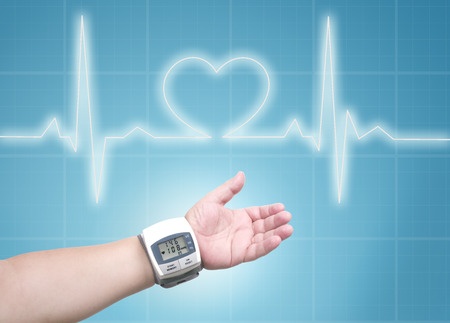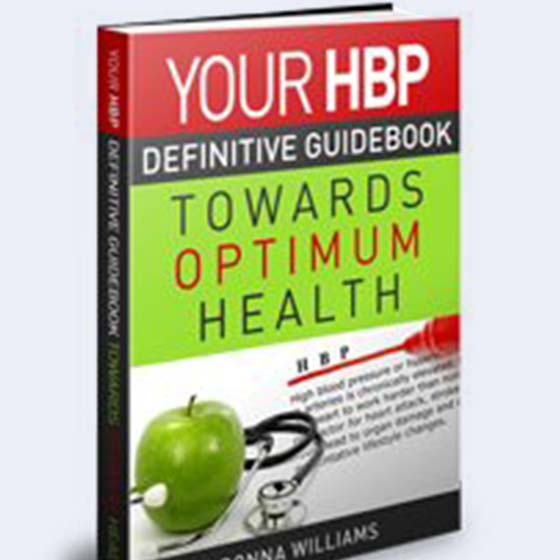Health is wealth, eat well to live well.
Join my community and receive my free ebook! Subscribe now >>
High Systolic Blood Pressure:
What Does That Mean?
High systolic blood pressure is an indication of too much pressure building in your heart's arteries. Treatment is necessary to avoid potentially fatal complications. If your doctor has told you that your systolic blood pressure is high, it can be quite unnerving.
Then these questions should be asked. What exactly does it mean? What is high blood pressure? Are there good treatments?
Blood pressure is the measurement of the amount of pressure forcing against the walls of your arteries, which are the tubes that carry blood from your heart to the tissues and organs of your body. If there is too much pressure, the pressure can cause your heart to strain or an artery wall to burst.
Systolic blood pressure is one of two types of pressure measurement that doctors use to determine the amount of pressure in these arteries. Systolic blood pressure is the amount of pressure that is in the arteries when the heart is pumping. The second type of pressure measurement is diastolic, which is the measurement of the amount of pressure in the heart when the heart is at rest.
When the heart fills with blood, this marks the end of the cardiac cycle. This is also when diastolic pressure measurements are taken. Systolic blood pressure measurements occur when the heart is contracting. This is more commonly known as the heartbeat.
If you are one of those people who have high systolic pressure, then you will have a high amount of pressure forcing against the artery walls when your heart is contracting or forcing blood into the arteries.
Your High Systolic Blood Pressure Numbers
Doctors list high blood pressure by the millimeters of mercury, or mmHg. They calculate this using a device called a sphygmomanometer.
The first number listed is the systolic blood pressure and the second is the diastolic pressure. If your doctor has told you that you have high systolic pressure, this indicates that the pressure is above 120. Those with a high systolic pressure have pressure over 80.
What This Means

In situations where your blood pressure is 120/80, you have normal blood pressure, though this is the high point. Those with pressure over 120/80 but under 139/89 have pre-hypertension.
Anything over this is the mark of high blood pressure. If your systolic blood pressure is elevated, but the diastolic is not, this is still high blood pressure.
These Numbers Matter
Those with high blood pressure, including just high systolic pressure, are most likely to develop complications, including:
- Kidney disease
- Heart failure
- Stroke
- Blindness
- Heart attacks
However, doctors can and do treat high systolic blood pressure through a number of methods. You do not have to put your health at risk.
Return to "What Is High Blood Pressure?" from "High Systolic Blood Pressure"





New! Comments
Have your say about what you just read! Leave me a comment in the box below.